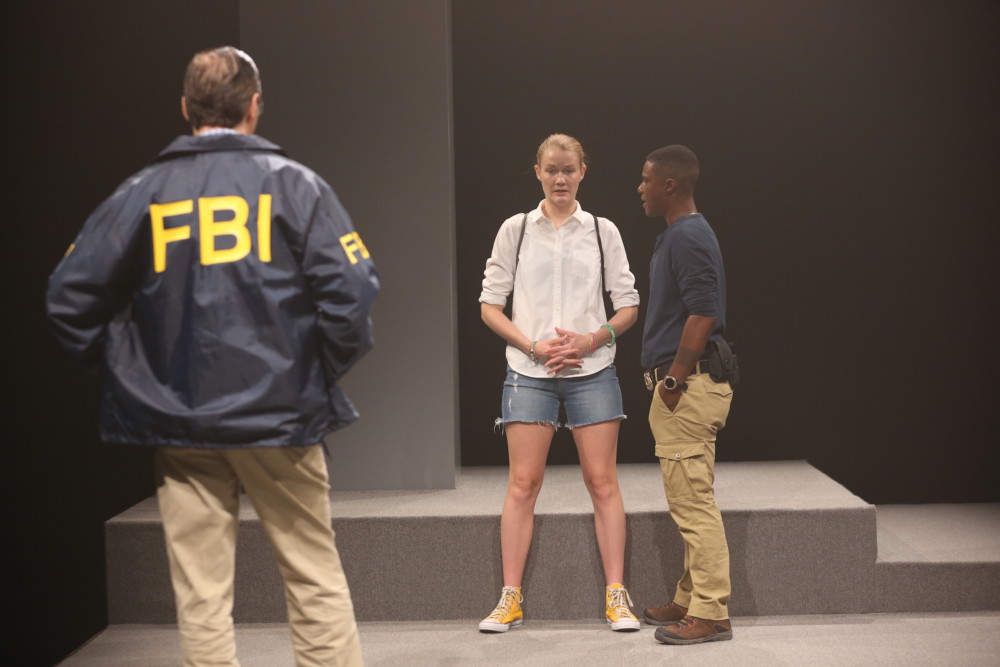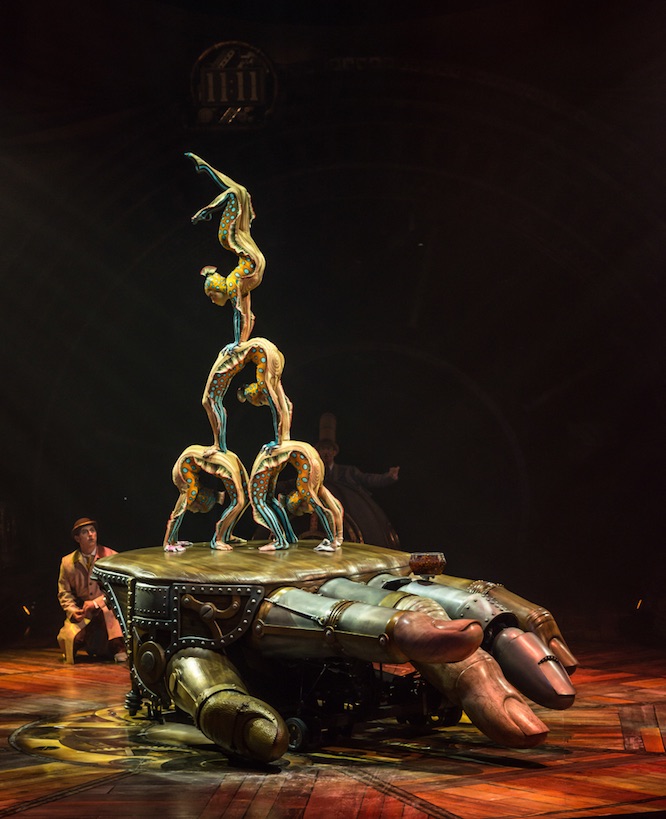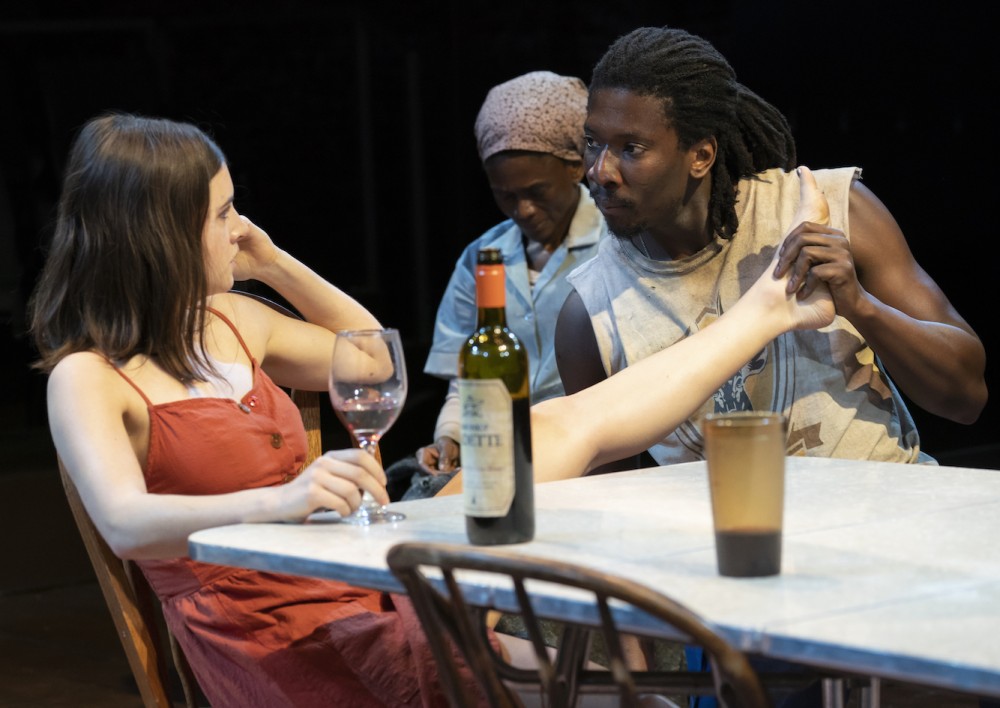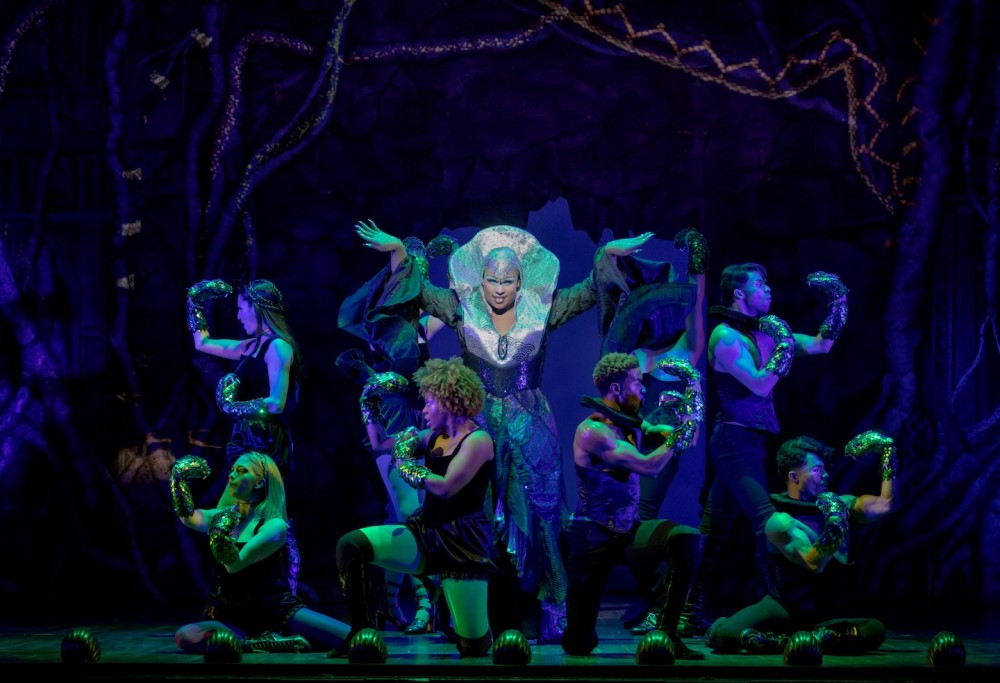The Responsibility of Theater in the Age of Trump
By Barbara & Scott Siegel
There is a long history of political theater here in New York. Think back to the 1930’s with commercial Broadway shows with political agendas (Of Thee I Sing), or 1940’s (South Pacific). However, the biggest difference between political theater of the past compared to its contemporary version is largely a matter of relevance. Theater in the 1930’s through the 1950’s had a more direct impact on the attitudes, culture, and yes, even the politics of their times. Today’s theater offers precious few examples except, most prominently, Hamilton. But shows like that appear about as frequently as the village of Brigadoon. So, what’s going to happen? How is the theater community going to respond to this sea change in the American political atmosphere?
We can assume that downtown theater is going to be directly combative, bringing us some combination of satire, farce, and docudrama in robust attacks on all things Trump. Which brings us immediately back to the concept of relevance: who will be going to these shows except “the choir” getting their regularly preached sermons. No minds are likely to be changed, although the value of such theater that reaffirms ones beliefs and keeps up both morale and stokes moral outrage certainly has its place. Still, it’s a far cry from the kind of affect a play like Arthur Miller’s All My Sons had in the postwar era or his play, The Crucible, had in the McCarthy era.
If theater is going to have any impact on the hearts and minds of people beyond the already committed folks who regularly go to Off and Off-Off Broadway shows, the place where it has to happen is on Broadway. This is where ideas can be targeted to that far wider audience that includes everyone from the Bridge & Tunnel folks to tourists that come to the Great White Way from all over the country and the world, bringing their families for that unique Broadway experience. The majority of those folks won’t come see shows that are obviously didactic or are screaming their politics. Why would they? They’re coming for entertainment. But Broadway has excelled in the past, and can continue to excel at providing beautiful, moving, artful, and entertaining shows that can – and do – change people’s points of view…
Right now on Broadway, the revival of Falsettos, is a perfect example. Here is an award-winning show, with a brand new, sterling NY Times review, a good chance to win Best Revival of Musical, and a show that therefore, could and should be getting a wide variety of audience beyond its natural constituency. The combination of William Finn’s exceptional score, James Lapine’s exquisite direction, and a brilliant cast led by Christian Borle and Stephanie J. Block, make this a show that will remind and reinforce the idea that love conquers prejudice and that family is a bigger and broader concept for a vast number of people. It’s hard to imagine that there won’t be people from Indiana, Alabama, Michigan, etc. who will leave Falsetto’s without weeping and ultimately understanding these characters – and forever being changed by having spent two inspiring hours with them. It might be that teenager in the family who connects to the material, or a mother who feels the love among these very real, flawed yet heroic characters. People will choose to see this musical because of its pedigree and come away with a new understanding because it is that one thing Broadway does so well: tell a great, artful, universal story.
In addition to Falsettos, shows like La Cage Aux Folles did this in the past. Kinky Boots is also doing it now. And we need more shows – both new and revivals – that will continue to open the hearts and minds of the clearly far too many minds that are currently closed. This is one way, at least, that Broadway can be relevant today and help insure a better tomorrow.























